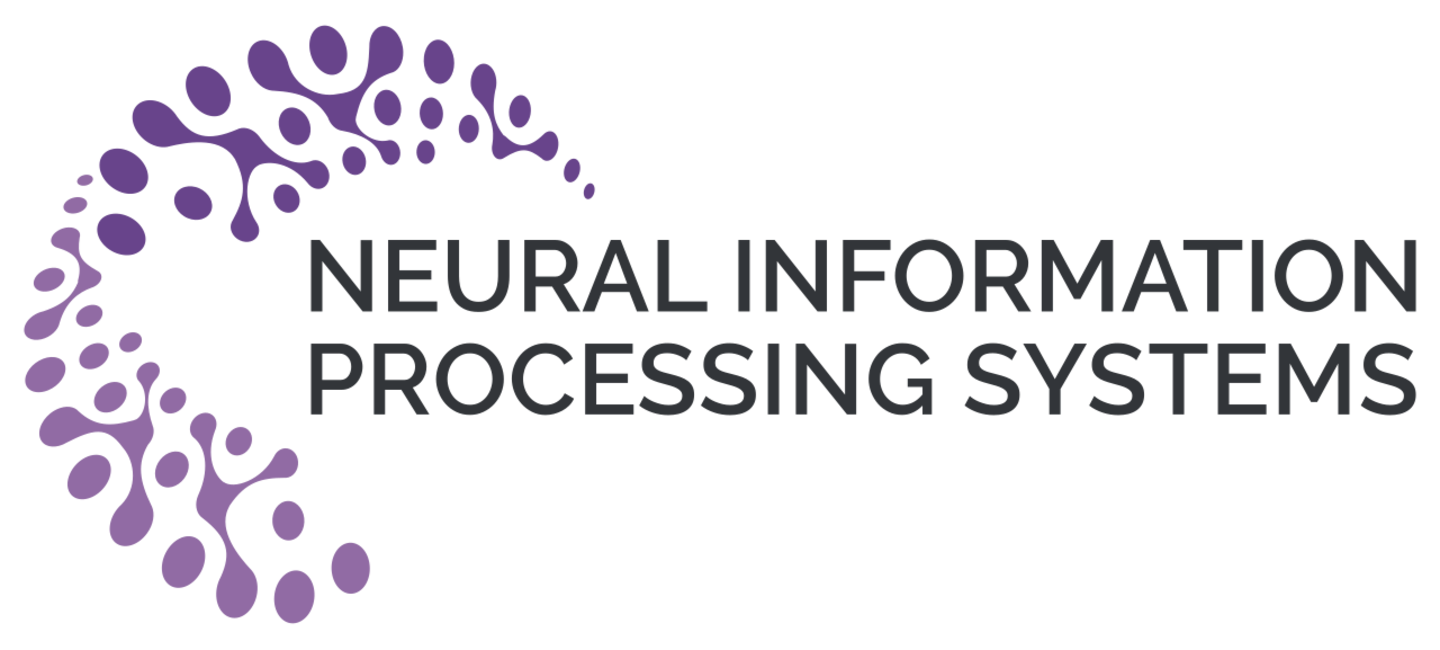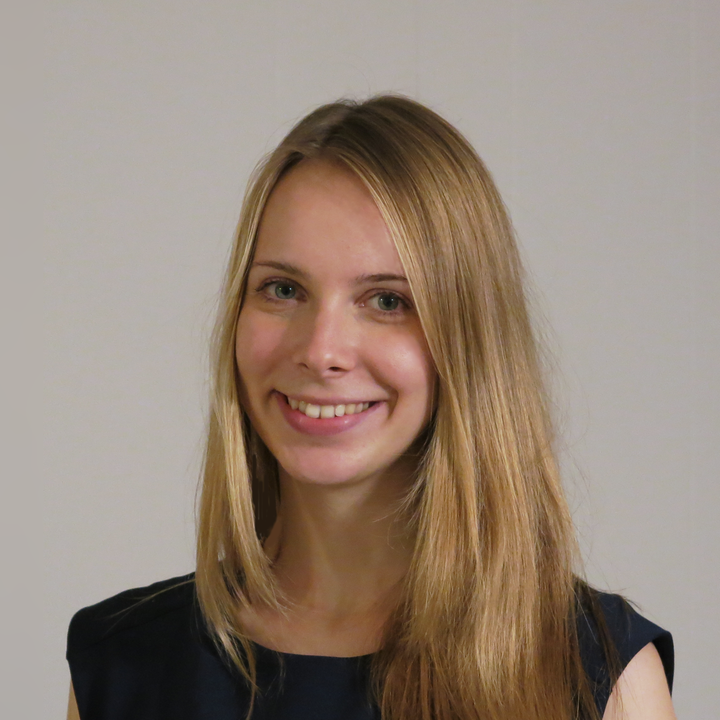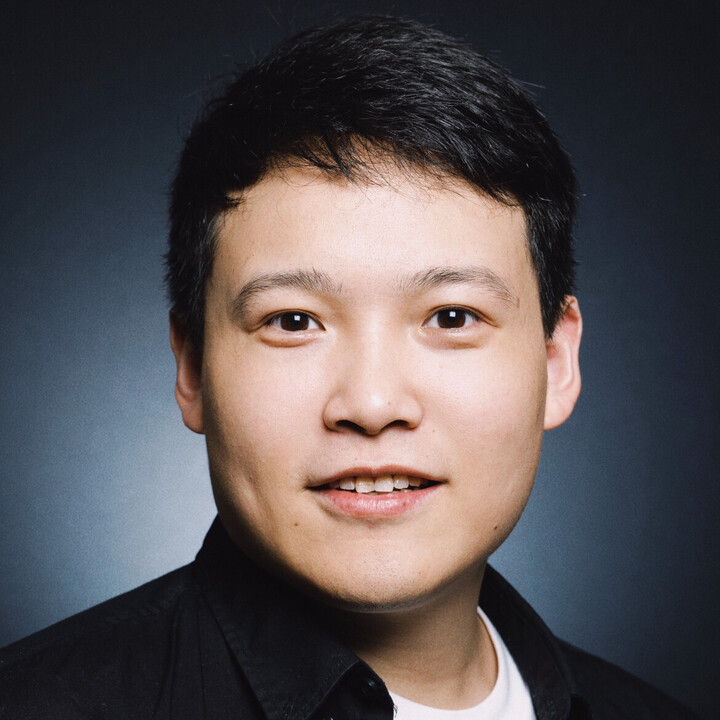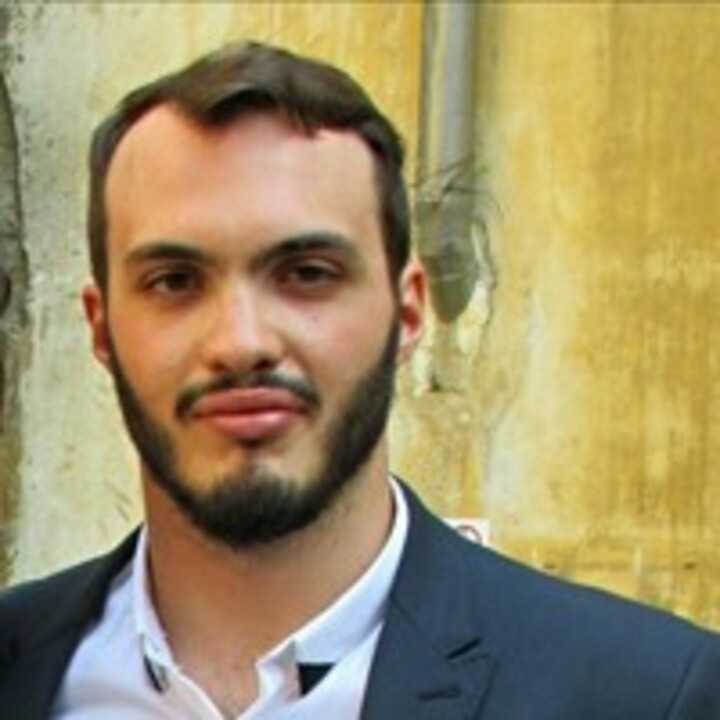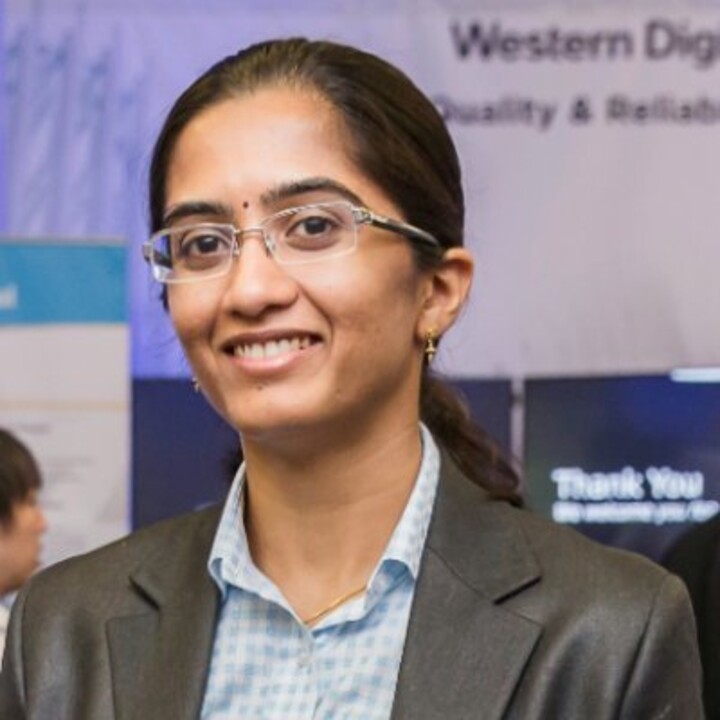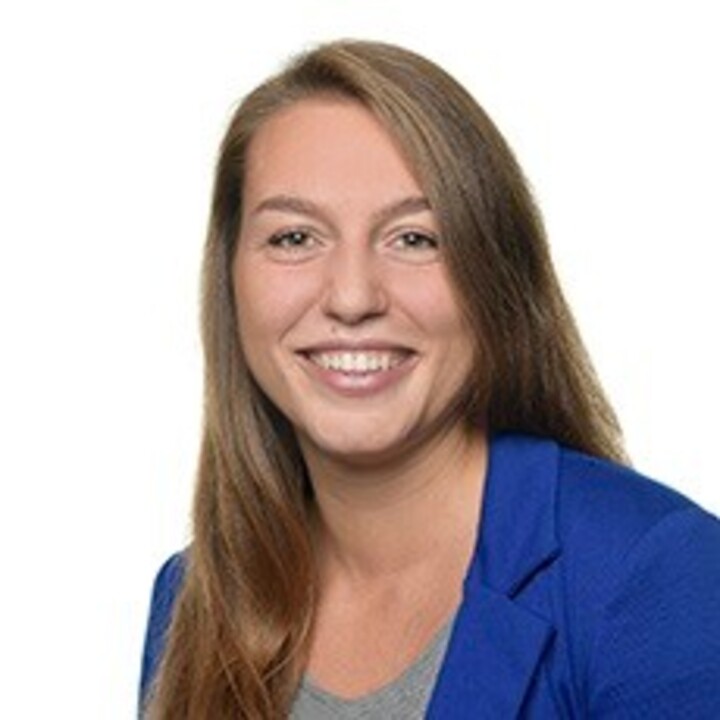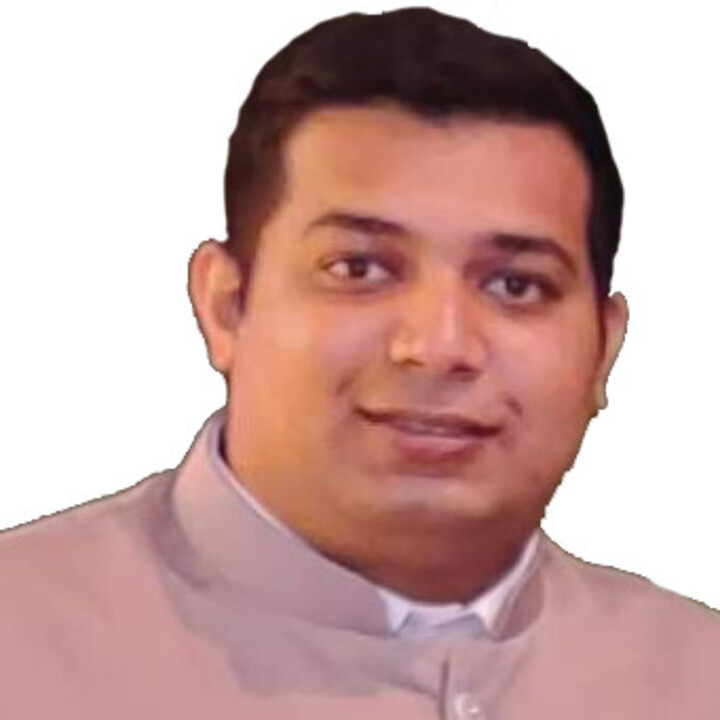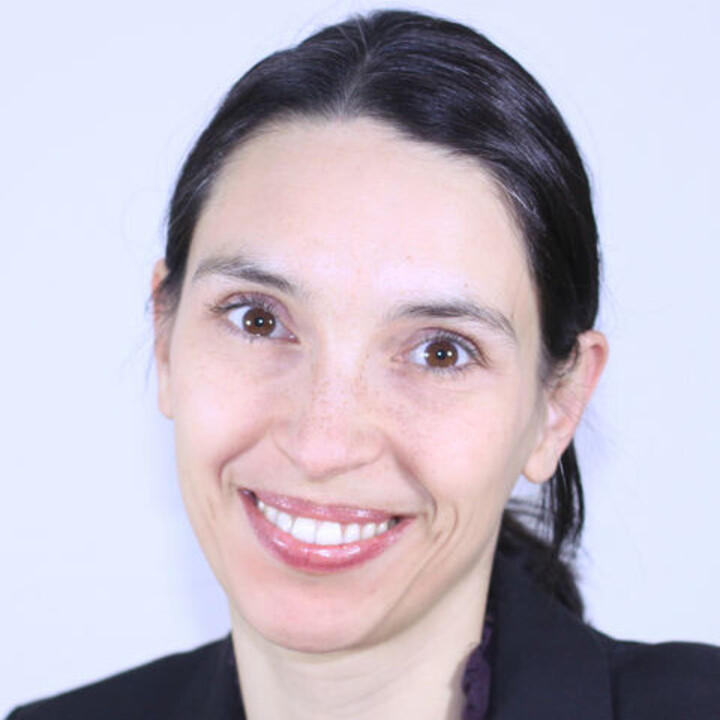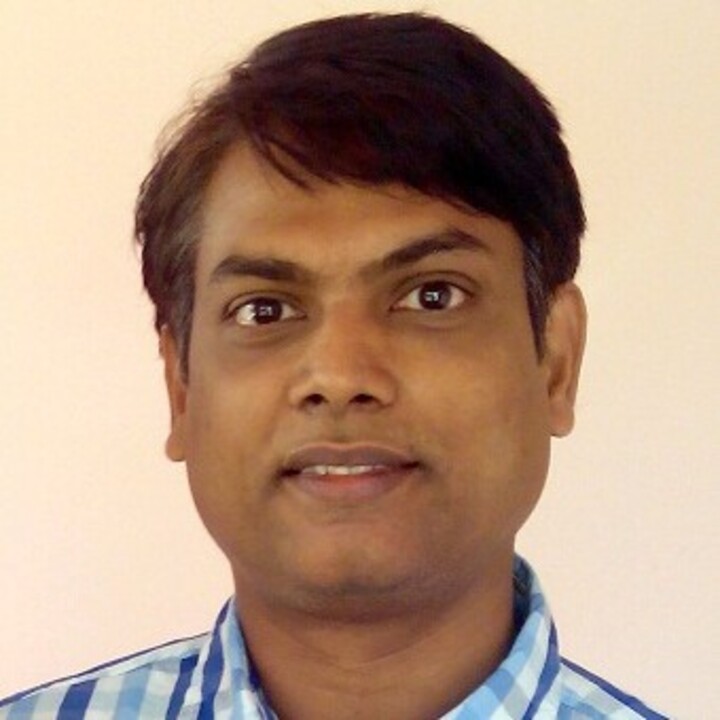Workshop on Reliability of Vision and Multi-Modal Models in the Real World
NeurIPS 2025 Workshop V3M
Organizers
Jenny Schmalfuss
University of Stuttgart
Jenny Schmalfuss is a doctoral researcher in the Computer Vision Department of the University of Stuttgart where she is advised by Prof.\ Andrés Bruhn. She interned at Nvidia and is a scholar of the International Max Planck Research School for Intelligent Systems (IMPRS-IS).
Prior to her doctorate, she obtained a M.Sc. and B.Sc. degree in Simulation Technology from the University of Stuttgart, and worked as research intern at the National University of Singapore, and the University of Houston.
Her research is centered around robustness of computer vision methods under adversarial attacks and distribution shifts.
She has published papers at top-tier venues like CVPR, ECCV, ICCV and WACV, and her works on adversarial robustness for optical flow have been recognized with an ECCV Oral presentation and an ECCV 2022 AROW Best Paper Award.
In the past five years, she has regularly reviewed papers for top-tier conferences and journals. Further, she served in the selection committees for W3 and Junior Professorships at the University of Stuttgart.
Dr. Vikash Sehwag
Google DeepMind
Dr. Vikash Sehwag is a research scientist at Sony AI where he leads efforts on enhancing capabilities and safety of large-scale generative models, particularly multi-modal models. He received his Ph.D. from Princeton University where he was advised by Prof. Prateek Mittal and Prof. Mung Chiang. He previously interned at Meta AI (AI Red Team) and Microsoft Research. He received the Qualcomm Innovation Fellowship and the Rising Star Award in adversarial machine learning.
He has published over forty papers at top-tier venues such as CVPR, ICML, NeurIPS, IEEE Journal on Selected Areas in Communications, and many more.
For the past several years, he has regularly served as a reviewer for top-tier conferences and journals on computer vision and machine learning.
He has given talks at multiple seminars and venues.
He has organized multiple workshops such as the ICCV 2023 AROW workshop, and the CVPR 2023 Workshop of Adversarial Machine Learning on Computer Vision: Art of Robustness 2023.
He served as a Program committee member for the IEEE Conference on Secure and Trustworthy Machine Learning – 2023.
He has organized over twenty talks on security & privacy in machine learning under the virtual seminar series: Challenges and Opportunities for Security & Privacy in Machine Learning.
Dr. Jindong Gu
Google Research & DeepMind
Dr. Jindong Gu is a Senior Research Fellow at the University of Oxford and a faculty researcher at Google DeepMind.
Prior to that, he received a Ph.D. Degree from the University of Munich in 2022, advised by Prof. Volker Tresp.
His research goal is to build responsible AI.
Specifically, he is interested in the interpretability, robustness, privacy, and safety of AI models.
In this area, he has regularly published papers and served as Reviewer and Area Chair in leading conferences, including NeurIPS, ICLR, ICML, and CVPR.
His previous workshop organization experience:
- Workshop in ECCV 2024, EVAL-FoMo: Emergent Visual Abilities and Limits of Foundation Models.
- Symposium in BMVA 2024, Trustworthy Multimodal Learning with Foundation Models: Bridging the Gap between AI Research and Real World Applications.
- Workshop in NeurIPS 2023, R0-FoMo: Robustness of few-shot and zero-shot learning in large foundation models.
Dr. Francesco Croce
École Polytechnique Fédérale de Lausanne (EPFL)
Dr. Francesco Croce is currently a post doctoral researcher at EPFL (Switzerland), and previously pursued his PhD at the University of Tübingen (Germany) supervised by Prof. Matthias Hein. His research has mainly focused on evaluating and improving the robustness of vision and language models especially against various types of adversarial attacks.
He has published papers at and served as a reviewer for multiple top-tier venues such as ICML, ICCV, ECCV, AAAI, ICLR, and others.
He served as an organizer for the workshops ''A Blessing in Disguise: The Prospects and Perils of Adversarial Machine Learning'' (ICML 21) and ``The Art of Robustness: Devil and Angel in Adversarial Machine Learning'' (CVPR 22), as well as for the ''1st Workshop on Test-Time Adaptation: Model, Adapt Thyself!'' (CVPR 2024).
Dr. Sravanti Addepalli
Google DeepMind
Dr. Sravanti Addepalli is a postdoctoral researcher at Google DeepMind and previously received her Ph.D. from the Indian Institute of Science (IISc), Bengaluru. Sravanti is broadly interested in exploring the vulnerabilities of LLMs and Vision models, and building algorithms to improve their robustness and generalization. Her research interests include Adversarial Attacks and Defences, OOD generalization, and Self-supervised learning. She is a recipient of the prestigious Google Ph.D. fellowship, Prime Minister’s Fellowship for Doctoral Research, and Qualcomm Innovation Fellowship.
Before her doctoral studies, she worked for 10 years at SanDisk (now Western Digital) in analog and digital circuit design.
Sravanti has published and reviewed at several top-tier conferences such as CVPR, NeurIPS, ICLR, AAAI, and ECCV.
Julia Grabinski
University of Mannheim
Julia Grabinski is currently a doctoral researcher at the Fraunhofer Institute for Industrial Mathematics and in Prof. Dr. Margret Keuper's Chair for Machine Learning at the University of Mannheim.
She received her M.Sc. degree from the University of Mannheim, Germany, in 2021 and was supervised by Prof. Dr. Margret Keuper. In September 2018, she completed her B.Sc. degree from the Cooperate University of Mannheim, Germany in collaboration with SAP.
Her research interests include robustness and reliability in computer vision under the lens of signal processing.
She has published some papers at prestigious venues like NeurIPS, ECCV, ICCV, ICML, AAAI, TMLR and ECML and served as a reviewer for ICCV, ECCV, CVPR, ICLR, BMVC, ICPR and received an outstanding reviewer award at ECCV 2024.
Her paper, which was published at TMLR, received the ``Featured'' Certification.
She helped in the organization of the 45th DAGM German Conference on Pattern Recognition (GCPR) 2023, Heidelberg.
Further, she was part of a committee for a W3 professorship at the University of Siegen.
Shashank Agnihotri
University of Mannheim
Shashank Agnihotri is currently a doctoral reseacher at Prof. Dr. Ing Margret Keuper's Chair for Machine Learning at the University of Mannheim.
Before this, he worked as a Research Assistant in the Chair for Machine Learning at Albert-Ludwigs Universität Freiburg, with Prof. Dr. Frank Hutter and Dr. Mahmoud Safari, working on Neural Architecture Search (NAS) and Robustness of various one-shot NAS methods. He received his MSc. Computer Science from Albert-Ludwigs Universität Freiburg in September 2021 and was supervised by Dr. Tonmoy Saikia and Prof. Dr. Thomas Brox. In July 2018, he completed his Bachelors in Engineering (B.E.) Computer Engineering from Vivekanand Education Society's Institute of Technology (VESIT), University of Mumbai.
He works primarily on analyzing and improving the adversarial and OOD robustness of deep learning methods. Additionally, he is interested in sensor and sensor-related parameters and signal processing, and its impact on the robustness and reliability of Deep Learning based models. His current research involves analyzing the robustness of vision-language models for real-world tasks such as object detection to changes in sensor parameters and domain shifts.
He has published some papers at prestigious venues like ICML, ECCV, ICCV, NeurIPS, and ICCP and served as a reviewer for TPAMI, Nature Scientific Reports, ICCV, ECCV, NeurIPS, ICLR, BMVC, and other top-tier venues. He was recognized as an Outstanding Reviewer at CVPR 2025 and Notable Reviewer at ICLR 2025. He helped in the organization of the 45th DAGM German Conference on Pattern Recognition (GCPR) 2023, Heidelberg. He serves as the Publicity Chair for GCPR 2025, Freiburg.
Abhipsa Basu
Indian Institute of Science (IISc)
Abhipsa Basu is a PhD student in the Department of Computational and Data Sciences, Indian Institute of Science, Bangalore, India, where she is advised by Prof Dr. R. Venkatesh Babu. Prior to this, she completed her Master's degree from the Department of Computer Science and Engineering, Indian Institute of Science, Kharagpur. Her thesis topic is based on fairness in Machine Learning Systems, and has developed algorithms to mitigate spurious correlations in Visual Question Answering systems as well as image classification models with blackbox pretrained encoders. Her research so far has been published in prestigious conferences including CVPR, ICCV, and NeurIPS. She has also served as a reviewer for a wide array of conferences including CVPR, NeurIPS, ICLR, AAAI, etc.
Prof. Dr.-Ing. Margret Keuper
University of Mannheim and Max-Planck-Institut für Informatik, Saarland Informatics Campus
Margret Keuper is a full professor and the Chair for Machine Learning with a focus on computer vision at the University of Mannheim. She is also an affiliated research leader at the Max Planck Institute for Informatics, Saarbrücken. She received her PhD degree (2007 – 2012) in Computer Science from Albert-Ludwigs Universität Freiburg under the supervision of Prof. Dr. Thomas Brox with her thesis entitled ''Segmentation of Cells and Sub-cellular Structures from Microscopic Recordings''. After being a Postdoc with Prof. Dr. Thomas Brox in Freiburg and as a visiting researcher at the Max Planck Institute for Informatics in Saarbrücken with Prof. Bernt Schiele, she was a Junior Professor at the University of Mannheim from April 2017. From August 2021 to September 2023, she was a Professor of Visual Computing at the University of Siegen and an associated member of the Center for Sensor Systems (ZESS) in Siegen. She joined ELLIS (European Laboratory for Learning and Intelligent Systems) as a member in 2022 and as a fellow in 2024. Her research focuses on machine learning with applications in computer vision. In this context, she is interested in the formulation of neural network-based frameworks, with a particular focus on their robustness and generalization ability, as well as inefficient graph representations with a wide variety of use cases ranging from efficient heuristic design for discrete optimization problems to robust neural architecture search.
She is heading an internationally recognized research group that is consistently publishing at top venues. Overall, she has published more than 50 peer-reviewed research papers at competitive international venues including highly selective top-tier venues such as TPAMI, CVPR, ICCV, ECCV, AAAI, NeurIPS, and ICLR.
She regularly reviews top-tier venues in computer vision and machine learning such as CVPR, ECCV, ICCV, BMVC, NeurIPS, ICML, ICLR, TPAMI, and AAAI. She served as area chair for WACV2021, ICPR2022, CVPR2022, ECCV2022, BMVC 2022, ICCV2023, CVPR2023, NeurIPS2023, ICLR 2023, NeurIPS 2024, ICLR 2024, ECCV 2024, and is currently area chair for CVPR 2024 and ICLR 2025. She co-organized the LWDA 2018 conference in Mannheim, Germany, and was a tutorial chair at ECAI in 2024. She has served as the co-session chair at ICCV2023 for the oral session on Adversarial Robustness.
She is a Program Chair for the 47th DAGM German Conference on Pattern Recognition (GCPR) 2025 in Freiburg.
Prof. Dr. R Venkatesh Babu
Indian Institute of Science (IISc)
Prof. Dr. R. Venkatesh Babu is a full Professor and Chair of the Dept. of Computational and Data Sciences (CDS), IISc, where he leads the Vision and AI Lab (VAL) (formerly, Video Analytics Lab) at IISc. He received his Ph.D degree from the Dept. of Electrical Engineering, Indian Institute of Science, Bangalore. Thereafter, he held postdoctoral positions at NTNU, Norway, and IRISA/
